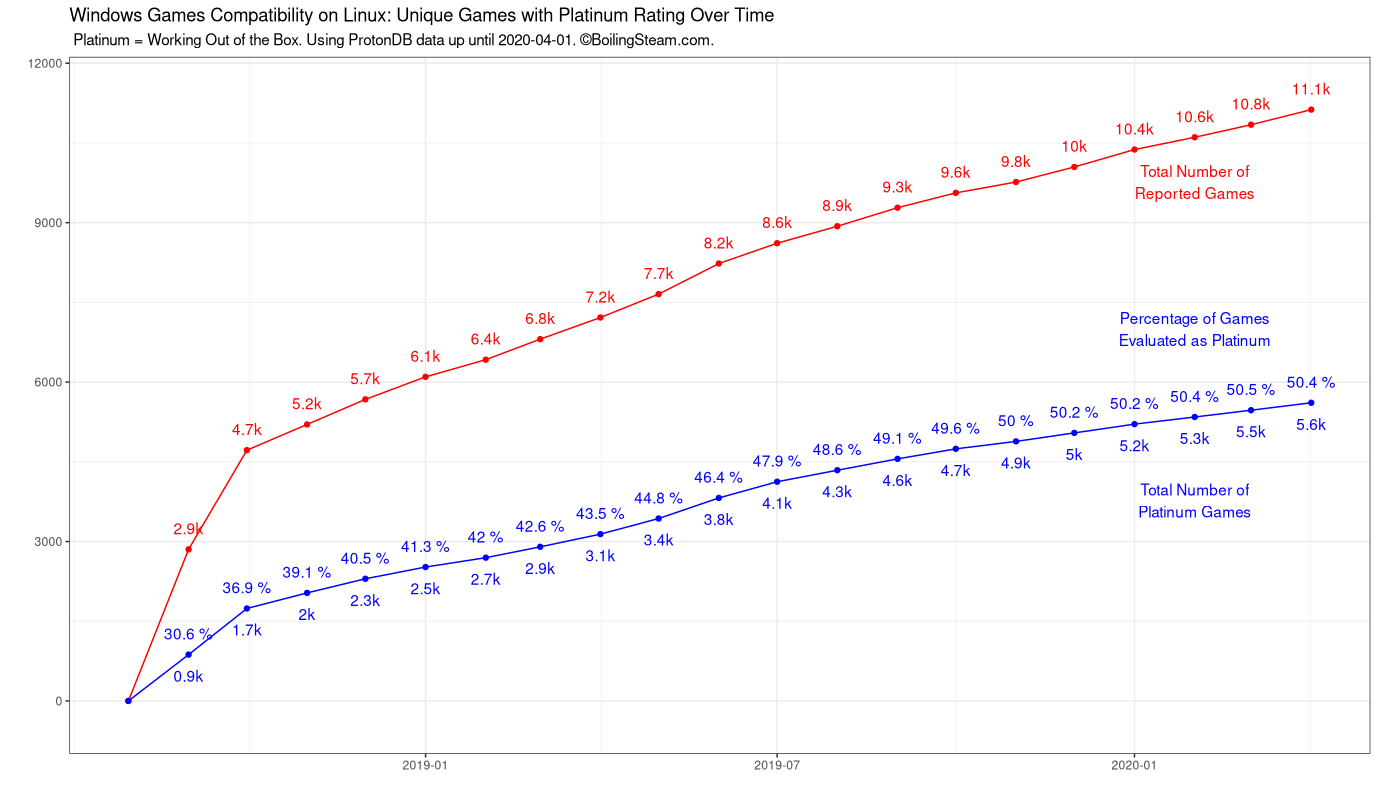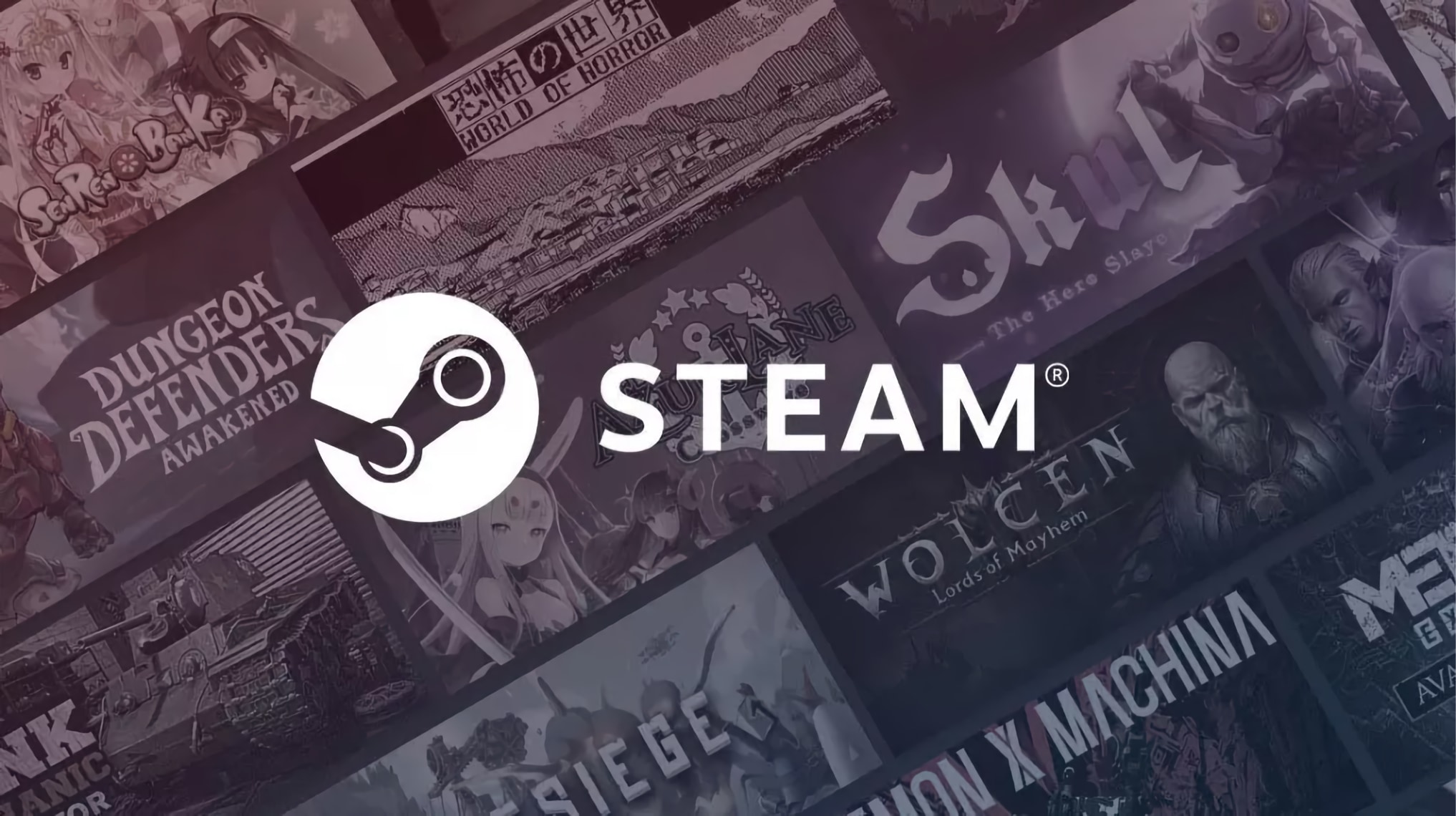In context: With Valve's Steam Machines initiative retired and SteamOS being in limbo, it's a good time to look at how the addition of Proton to Steam Play has worked out in the almost two years it's been available. Built on the shoulders of giants like Wine and DXVK, it's the ultimate expression of Gabe Newell's disdain for Microsoft, and a blessing for people who won't go back to Windows 10 even if it was built on top of the Linux kernel.
By now it's no secret that Valve has been trying to find a solution for Linux fans to be able to enjoy the same games you can play on Windows.
When the company tried to deliver an integrated hardware and software solution in the form of Steam Machines, it forgot to think of why anyone would want to use them. In 2018, after that failed experiment was finally concluded and Steam Machines were purged from the storefront, Valve came up with the most sensible solution – a set of compatibility tools built into Steam Play called Proton.
The move was hardly revolutionary, as it was essentially a forked (modified) version of Wine with some additional patchwork and libraries - most notably DirectX over Vulkan (DXVK), which is a translation layer for DirectX 9/10/11 games. But if you go by ProtonDB, there are now over 6,500 Windows games that now work on Linux with little to no effort on the gamer's part.

There are hundreds of games that are added every month that get a Platinum rating, which indicates that most people who have run them have encountered few or no game-breaking issues while playing. And chances are that you're not afraid of adding a launcher flag, meaning you can play games like DOOM and DOOM: Eternal just fine using Proton with very little effort.
More than 12,800 games have been tested so far, so many titles do require a bit more effort, but there's a positive trend for games in the Platinum category, which work outside the box. Performance is a bit slower than you'd get on Windows, but it's more than acceptable even for people who are still rocking low end graphics cards. There are even reports that games like HITMAN 2 run faster on Linux through Proton than they do on Windows.
Still, you don't need to use Proton to realize that Microsoft is in some serious trouble here. A big reason why gamers have had to use Windows is because most popular PC titles are designed for that particular OS and Microsoft hasn't shown any interest in making them work on Linux.
Now it's easier than ever to get into Linux gaming, and the tools that make it possible are getting better every day. Valve is even going as far as proposing a number of Linux kernel patches to make it more game-friendly.
The only notable problems are the lack of support for HDR and, more importantly, the anti-cheat software that's required for many multiplayer games. The latter aspect is something that Valve is working on with services like Easy Anti-Cheat, but the company hasn't said when it might be ready.
